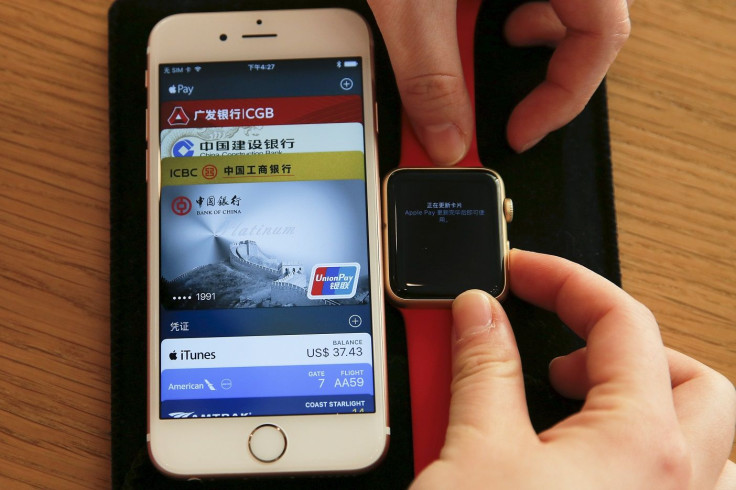Apple admits how long iPhones, Mac computers are meant to last

Apple products aren’t meant to last a lifetime. The latest iPhone 6s, or even the highly anticipated iPhone 7, will only last for three years tops.
The US multinational tech giant expects its users to replace their thousands of dollars’ worth of gadgets after just a few years. Apple answered questions as part of its new environmental report on its website, revealing the steps it takes when conducting a product life cycle assessment (LCA).
“To model customer use, we measure the power consumed by a product while it is running in a simulated scenario. Daily usage patterns are specific to each product and are a mixture of actual and modelled customer use data,” the statement reads.
“Years of use, which are based on first owners, are assumed to be four years for OS X and tvOS devices and three years for iOS and watchOS devices.”
Apple did not take into consideration the recycling or resale of devices in their assessment. However, it expects its iPhone users to replace their device after three years. For Mac computer users, they have about four years to replace their expensive machines.
The company used to offer only two major iOS upgrades for iPhone and iPad for around three years. The latest software, iOS9, has been a game-changer for Apple users. The software still supports iPhone 4s, which was released in 2011.
For Mac computers, the latest version, OS X 10.11 El Capitan, has a much longer reach. It still supports computers released in 2007.
It was rumoured that Apple was making older versions of iPhones slower whenever it has new models released. In 2015, there were users who complained that their iPhones slowed down after they updated to the new iOS 9. There were little evidence to support the theory, though.
YouTube/iAppleBytes





















